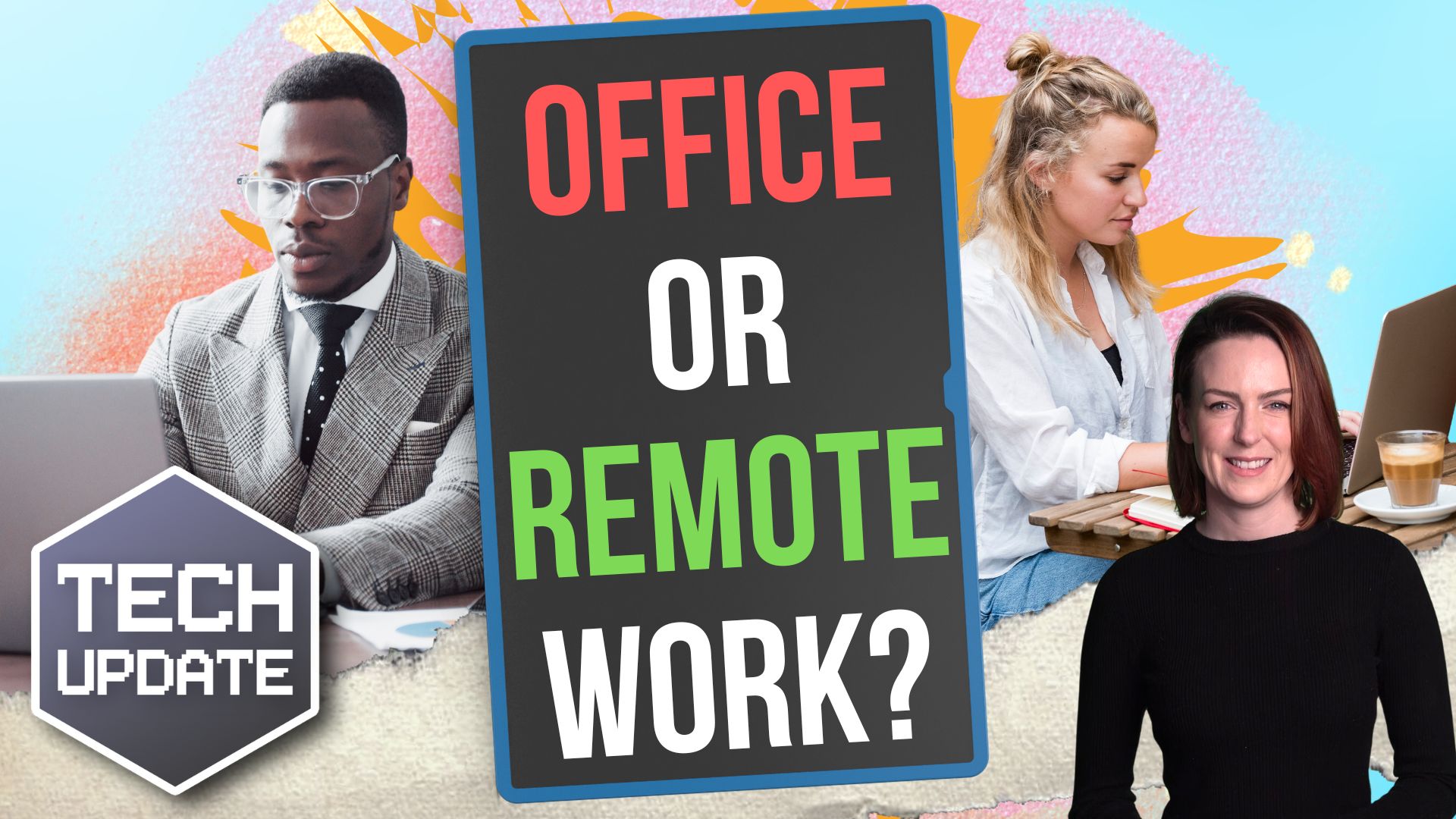The way we work has undergone a dramatic transformation in recent years. The global pandemic fast-tracked the shift towards remote and hybrid working, and now businesses find themselves at a crossroads. Should they call employees back to the office, embrace flexibility, or find a middle ground?
Some organisations are eager to return to the traditional office environment, believing it fosters collaboration and productivity. Others are embracing hybrid or fully remote models to support work-life balance and retain top talent. If your business is still weighing up the options, it’s time to look at the bigger picture:
- What’s working well?
- What challenges need to be addressed?
- And how can you balance flexibility with security?

The Benefits of Remote and Hybrid Working
There’s no denying that working from home has its advantages. Employees appreciate the lack of a daily commute, fewer office distractions, and the ability to juggle personal responsibilities more easily. For many, this translates into:
- Higher productivity – Fewer interruptions often mean better focus and efficiency.
- Improved work-life balance – Employees can better manage their time, reducing stress and burnout.
- Cost savings – Both businesses and employees save on travel, office space, and other expenses.
But it’s not just employees who benefit. Businesses that offer flexibility are finding it easier to attract and retain skilled professionals.
Return to Office Mandates Are Driving Talent Away
While some companies insist that employees return to the office full-time, data suggests this approach can backfire. A recent study found that businesses with rigid Return to Office policies saw a 14% increase in employee resignations – and it’s not just any employees leaving. Senior staff and highly skilled professionals, who take valuable expertise with them, are choosing to move on.
Not only is talent loss a concern, but hiring replacements is proving more challenging. The same study reported that filling vacancies now takes 23% longer, adding to recruitment costs and operational strain.
Meanwhile, businesses offering remote or hybrid work are gaining a competitive edge in hiring. Flexibility is no longer just a perk – it’s an expectation.
The Security Challenge: Keeping Data Safe in a Hybrid World
While remote working offers clear advantages, it also presents security risks that businesses can’t afford to ignore.
Employees working from home or public spaces may unknowingly expose sensitive data. Some key risks include:
- Unsecured Wi-Fi networks – Public Wi-Fi hotspots in cafés or co-working spaces can be a gateway for cybercriminals. We talk about this more in our ‘Hidden Dangers of Public WiFi’ post here.
- Personal devices – If employees use their own laptops or phones for work, outdated software or weak security settings could leave your business vulnerable.
- Shared home computers – If employees share their devices with family members, there’s a higher chance of accidental data breaches.
How to Protect Your Business While Offering Flexibility
The good news is that security doesn’t have to mean sacrificing flexibility. With the right safeguards in place, your business can offer remote or hybrid working while keeping sensitive data protected.
- Multi-Factor Authentication (MFA) – Adding an extra layer of security when logging in can prevent unauthorised access. Read why Multi-Factor Authentication (MFA) is important.
- Cyber security training – Educating employees on phishing scams and safe online practices can significantly reduce risks.
- Regular software updates – Ensuring devices are up to date with the latest security patches can help prevent cyber threats.
- Secure remote access – Using Virtual Private Networks (VPNs) and endpoint security software can create a safer working environment outside the office.
So, What’s the Right Choice for Your Business?
There’s no universal answer. Some businesses thrive with in-person collaboration, while others see great success with a flexible model. The key is finding what works best for your team while ensuring security remains a priority.
If you’re considering a remote or hybrid approach, don’t cut corners on cyber security. A well-planned strategy with the right protections in place can give you the best of both worlds – happy, productive employees and a secure business.
Need Expert Advice on Securing Your Hybrid Workforce?
We specialise in helping businesses implement robust security measures while supporting flexible working.
Get in touch to find out how we can help protect your business.

